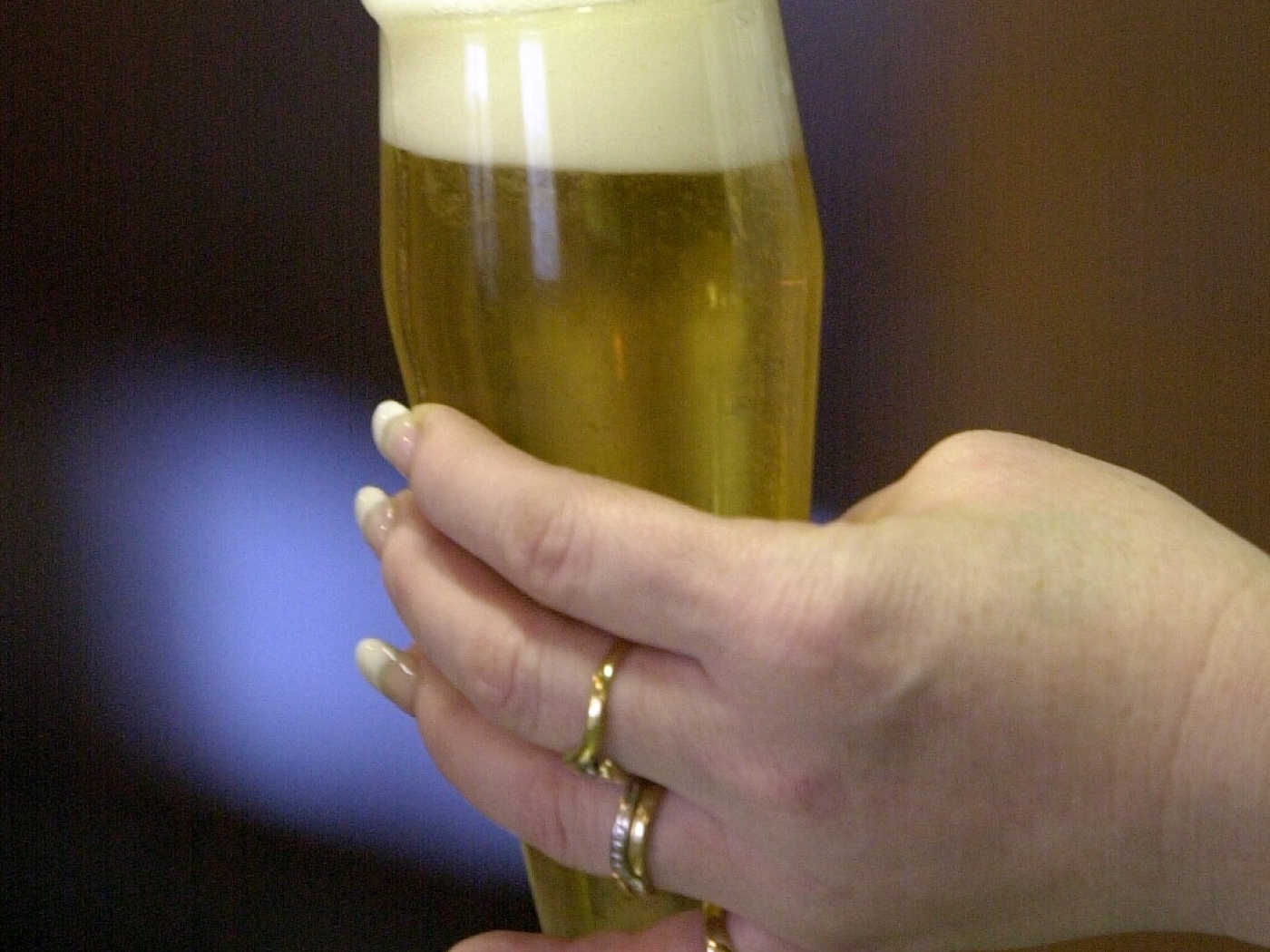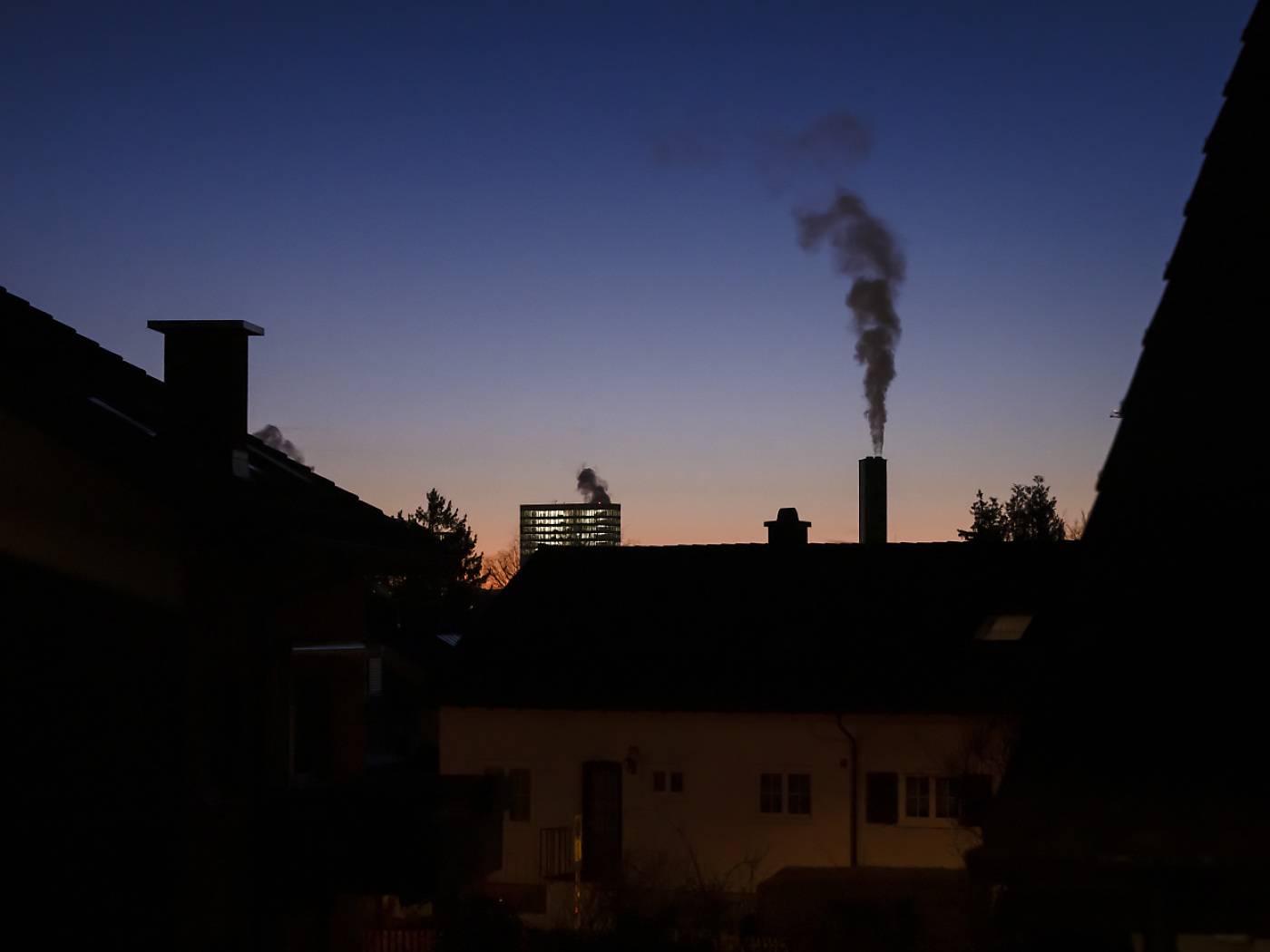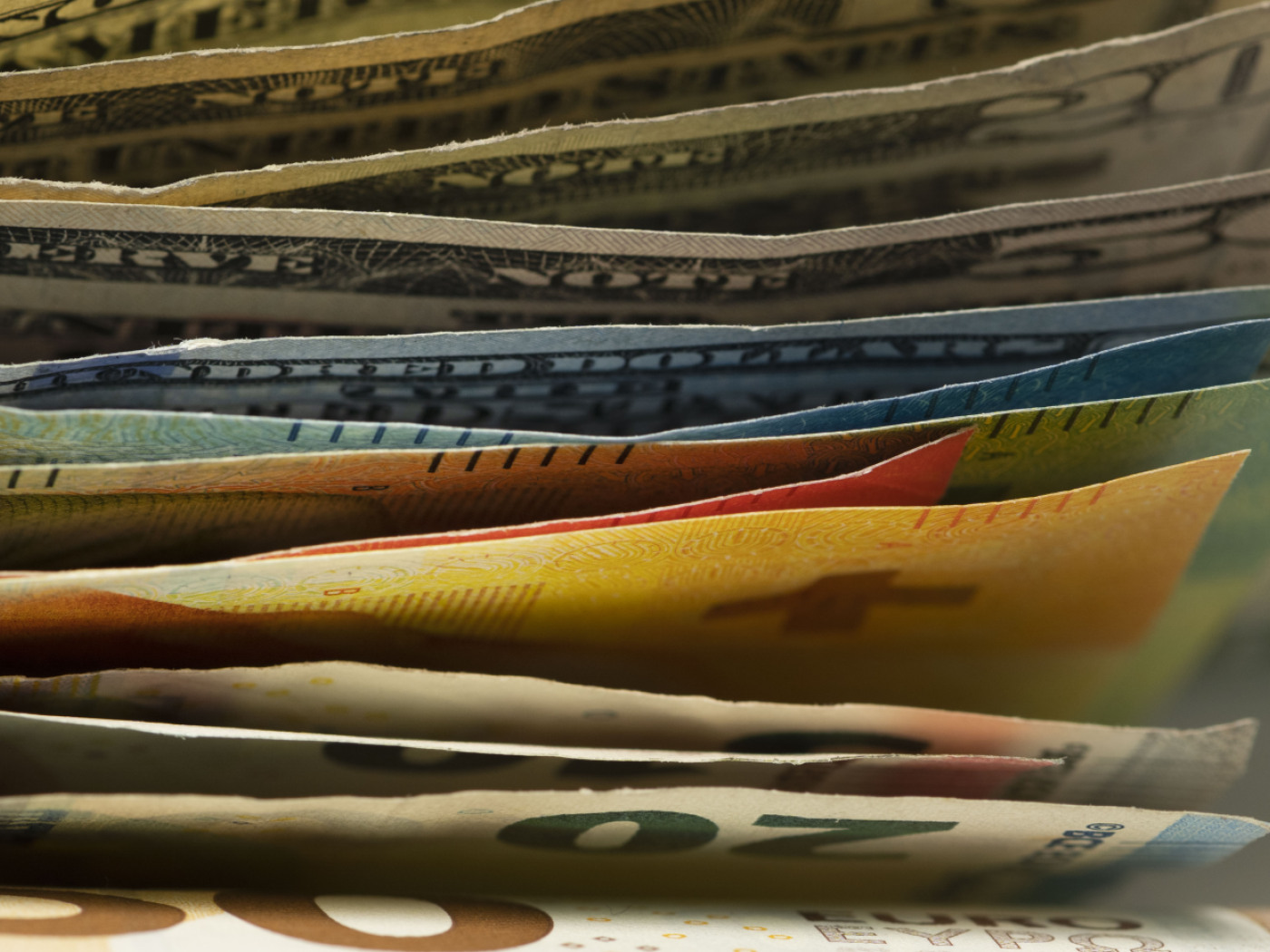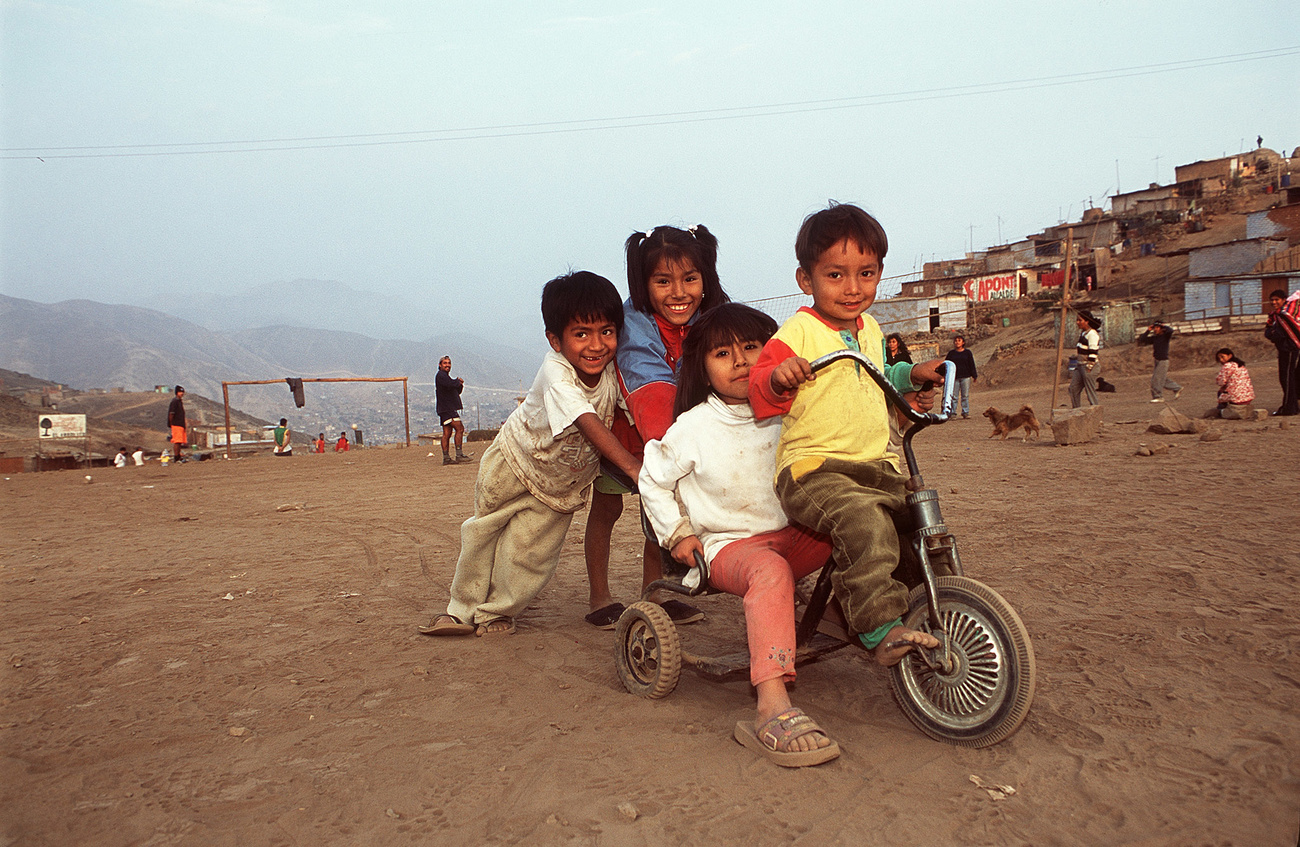Beer sales in Switzerland watered down by bad weather

Brewers struggled in Switzerland over the past year, partly because of the bad weather. Beer sales shrank again, and for the first time per capita consumption fell below 50 litres.
+Get the most important news from Switzerland in your inbox
The years-long downward trend thus continues: total beer sales fell by 1.6% to 4.5 million hectolitres in the past 2023/24 brewing year (as at the end of September), the Swiss Brewers’ Association said on Thursday.
Swiss breweries were hit harder: domestic output fell by 1.7% to 3.5 million hectolitres. Meanwhile, beer imports fell by 1.3% to 0.96 million hectolitres. Imported beers from abroad accounted for 21.4% of the total market. Around ten years ago, the import share had peaked at 26%.
Wet weather hits thirst
The bad weather has curbed the thirst for beer. Most areas of Switzerland experienced above-average rainfall in spring. There were few opportunities to enjoy a beer outside and in company, explained Brewers’ Association director Marcel Kreber: “Even the good performance of the Swiss national football team at the European Championships didn’t help.” If the spring is bad, the brewing year is practically over, he said.
+ Swiss hospital treats delirious patients with beer
However, the influence of major sporting events should not be overestimated, Kreber said. They contribute less than 1% to the change and have little impact on the overall market.
In addition, the September figures were also negative. The cold polar air put an abrupt end to the summer on the northern side of the Alps from September 9. As a result, it only rained at the Schwägalp wrestling festival, said association president Nicolo Paganini. Almost none of the 17,000 spectators was in the mood for beer.
Behaviour has also changed. Younger consumers, who have been influenced by the Covid shutdowns, are showing a different, more selective starting behaviour, he said. In addition, the death of pubs and the disappearance of the regulars’ table culture are continuing, said Kreber. Breweries are also struggling with this. They now only sell just under a third of beer in restaurants. Before the pandemic, this figure was 39%.
In contrast, non-alcoholic beers increased by 12% to 0.31 million hectolitres last year. Their share of the total beer market is now 7% (previous year: 6.1%).
Less than 50 litres for the first time
While less beer is being drunk in Switzerland, the population has grown to just over nine million people. This means that per capita consumption has fallen below 50 litres for the first time since measurements began. For comparison: in 1990/91, an average of 71 litres still ran down every Swiss throat.
But even these higher figures from the past are still low compared to Germany. The Germans drink 88 litres per capita.
The undisputed world champions, however, are the Czechs: With an unchanged average consumption of 136 litres of beer per capita, they topped the table according to the latest available figures from 2022. They were followed by the Austrians with 102 litres per capita.
+ Brewers face beer group pressure
The number of breweries in Switzerland has fallen from its peak in 2021, when there were 1,278 breweries subject to beer tax, to 1,192 breweries last year. Previously, there had been a 30-year increase since the low point in 1990 with just 32 breweries. A brewery is defined as one that brews more than 400 litres of beer per year.
Kreber said that the sharp rise in energy and raw material prices as a result of the Covid pandemic and the war in Ukraine had caused some microbreweries to close down again.
Translated from German by DeepL/ts
This news story has been written and carefully fact-checked by an external editorial team. At SWI swissinfo.ch we select the most relevant news for an international audience and use automatic translation tools such as DeepL to translate it into English. Providing you with automatically translated news gives us the time to write more in-depth articles.
If you want to know more about how we work, have a look here, if you want to learn more about how we use technology, click here, and if you have feedback on this news story please write to english@swissinfo.ch.

In compliance with the JTI standards
More: SWI swissinfo.ch certified by the Journalism Trust Initiative


















You can find an overview of ongoing debates with our journalists here . Please join us!
If you want to start a conversation about a topic raised in this article or want to report factual errors, email us at english@swissinfo.ch.